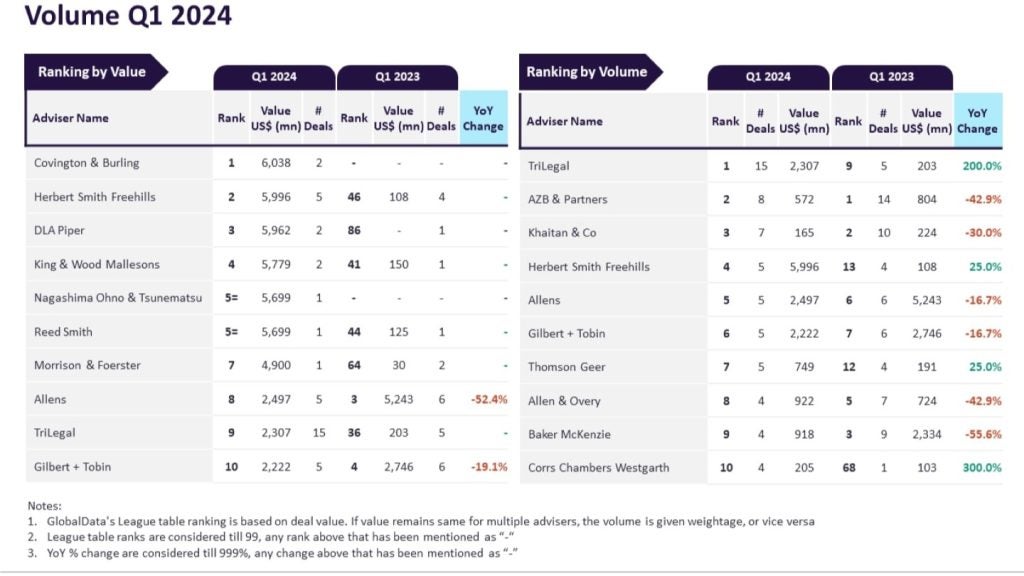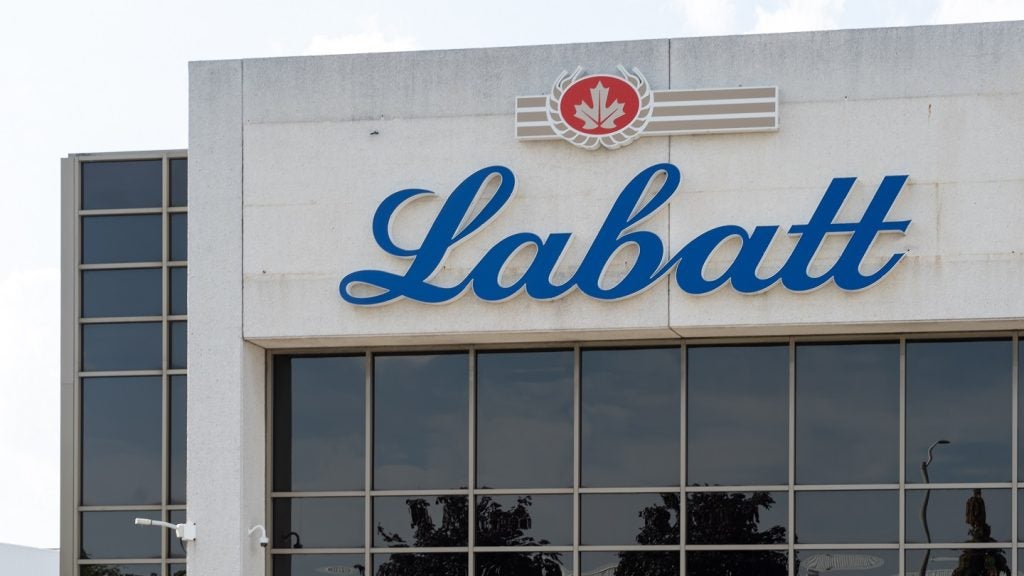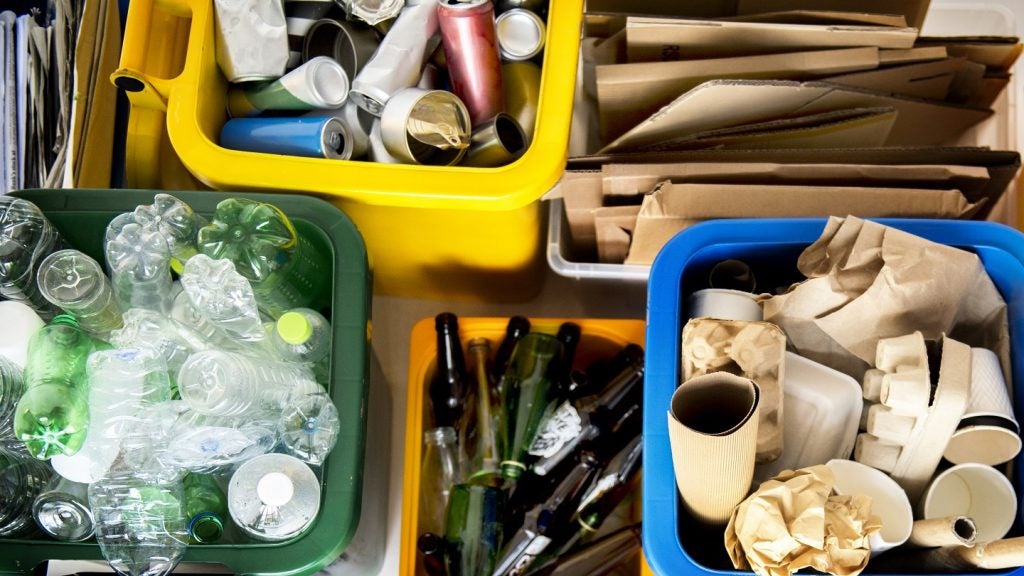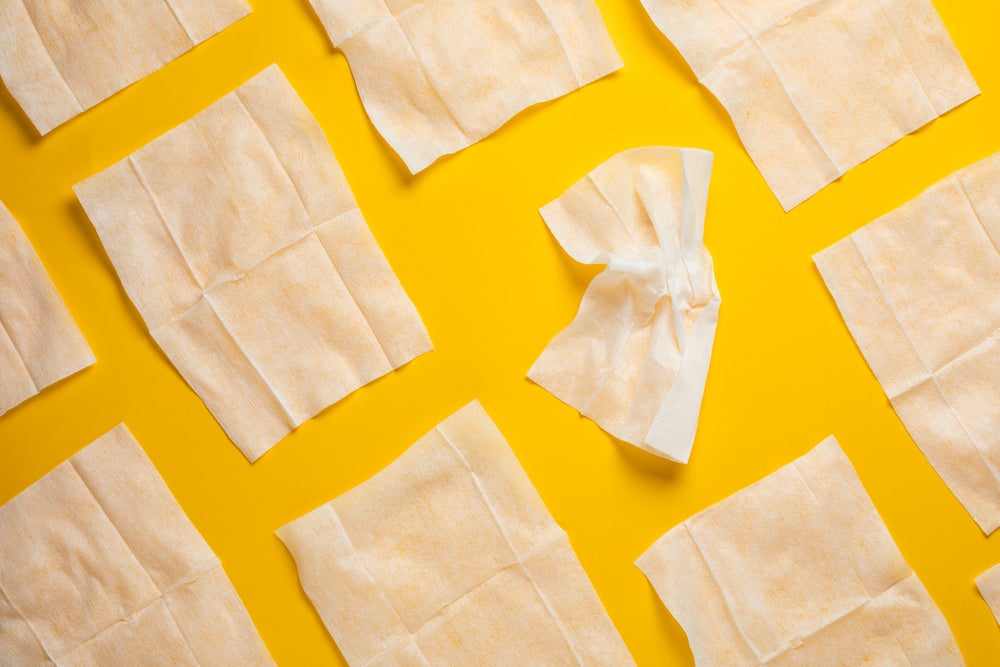

Environmental factors influence product buys, says Tetra Pak
A survey by Tetra Pak revealed that environmental factors are influencing consumers to purchase beverage products with eco-friendly packaging.
Tetra Pak surveyed around 6,000 consumers across 12 different countries, more than 75% of which claimed to prefer products with eco-friendly packaging.
Around two-thirds of consumers said they bought environmental products, despite of the high price, while around the same proportion avoided specific brands or items due to environmental concerns.
UK to revamp NHS drugs labelling to reduce wastage

The UK Government announced plans to revamp labelling of medicines prescribed by the National Health Service (NHS), a move that will enable patients to realise the cost of the medicines and discourage wastage.
See Also:
NHS drugs valued at more than £20 will have their price printed on the new labels.
How well do you really know your competitors?
Access the most comprehensive Company Profiles on the market, powered by GlobalData. Save hours of research. Gain competitive edge.

Thank you!
Your download email will arrive shortly
Not ready to buy yet? Download a free sample
We are confident about the unique quality of our Company Profiles. However, we want you to make the most beneficial decision for your business, so we offer a free sample that you can download by submitting the below form
By GlobalDataThe revamped packs will also be marked with the phrase ‘funded by the UK taxpayer’.
New York City implements ban on polystyrene foam containers and packaging
The US city of New York implemented a ban on the usage of single-service, expanded polystyrene (EPS) foam articles or polystyrene loose fill packaging.
Announced in January, the law requires food service establishments, stores and manufacturers to stop using polystyrene loose fill packaging in items such as peanuts, or single-use foam items such as cups, plates, trays or clamshell containers across the city.
The companies will have a six-month grace period to comply before fines can be imposed.
France to use bio-based and compostable plastics in packaging

Trade body European Bioplastics welcomed new French laws adopted to introduce bio-based and compostable plastics to selected types of packaging, as well as fruit and vegetable bags.
The French Parliament adopted the law on energy transition and green growth proposed by Minister of Ecology, Sustainable Development and Energy Ségolène Royal.
The new laws will require bioplastic lightweight bags for fruits and vegetables to be bio-based and compostable in home composting starting from 1 January next year.
Illinois legislature approves bill supporting cap locks for prescription painkiller containers
Illinois might soon become the first state in the US to implement a rule mandating pharmacies to place a locking device on prescription painkiller containers.
According to the bill, all prescribed hydrocodone painkillers will need to be contained in a medicine bottle with a numerical locking device, similar to the ones used for gym locks.
The move is aimed to reduce or minimise addiction levels to medication among teens and adults.
If the llinois House Bill 3219 is passed by the governor of the state, the initiative will be put to trial for a year.
European Commission probes Ball’s £4.3bn proposed acquisition of Rexam

The European Commission (EC) launched an in-depth investigation into Ball‘s £4.3bn proposed acquisition of UK beverage can maker Rexam, due to concerns it may reduce competition in the beverage can and aluminium bottle manufacturing market in the European Economic Area (EEA).
The EC believes that the combined market shares of both the companies would be very high at both EEA and regional level, upon completion of the proposed acquisition.
The remaining competitors would require a certain minimum size and a widespread network of production facilities to compete with the merged entity, which would own around two thirds of the plants located in Europe.
Procter & Gamble to make packaging out of recycled plastic
Procter & Gamble (P&G) committed to use post-consumer recyclate (PCR) recycled packaging for its fabric care products, as part of a new environmental initiative.
P&G’s flagship brands, including Ariel, Dash, Lenor and Unstoppables will be available in bottles that are made of up to 50% PCR.
The 230 million bottles being produced, if placed in a linear fashion, will be equivalent to the distance between the North Pole and the South Pole.
Nestle Waters launches resource Natural Spring Water in new rPET bottle

Nestlé Waters North America launched resource Natural Spring Water in a remodeled bottle that is completely recyclable.
Available in 700ml and 1l sizes, the new bottle is made using 100% recycled plastic (rPET), which is expected to increase recycling rates.
With the launch of the new bottle, the company plans to focus on the uses of rPET, while promoting the importance of bottle-to-bottle recycling and increasing awareness and demand for recycled plastic.
The company aims to increase PET beverage bottle recycling rates to 60% by 2018.







